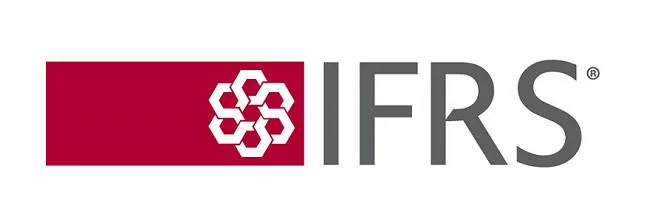Today, the International Sustainability Standards Board (ISSB) made a historic announcement by issuing its inaugural standards, namely IFRS S1 and IFRS S2. This development ushers in a new era of sustainability-related disclosures that will have a significant impact on capital markets globally. These standards aim to enhance trust and confidence in company disclosures regarding sustainability, providing crucial information for investment decisions.
One groundbreaking aspect of these standards is the establishment of a universal language for disclosing the effects of climate-related risks and opportunities on a company’s future prospects. This marks the first time such a standardized framework has been created for reporting these crucial factors.
To mark the official launch of the standards, Emmanuel Faber, Chair of the ISSB, will be presenting them at the IFRS Foundation’s annual conference. Additionally, stock exchanges worldwide, including those in Frankfurt, Johannesburg, Lagos, London, New York, and Santiago de Chile, will be hosting events throughout the week. The ASEAN Capital Markets Forum will also hold a launch event in Singapore.
Faber’s remarks during the conference will focus on how the ISSB standards will ensure globally comparable disclosure of sustainability-related risks and opportunities, providing investors with decision-useful information.
IFRS S1 sets out a comprehensive set of disclosure requirements designed to enable companies to communicate their sustainability-related risks and opportunities over the short, medium, and long term. IFRS S2, on the other hand, provides specific disclosures related to climate issues and is meant to be used alongside IFRS S1. Notably, both standards fully incorporate the recommendations of the Task Force on Climate-related Financial Disclosures (TCFD).
The ISSB developed these standards with extensive market feedback and in response to calls from influential organizations such as the G20, the Financial Stability Board, and the International Organization of Securities Commissions (IOSCO). This collective support for a globally consistent baseline of sustainability-related disclosures reflects the widespread demand for a standardized understanding of how sustainability factors impact a company’s prospects.
The ISSB Standards are designed to ensure that companies provide sustainability-related information alongside financial statements within the same reporting package. These standards can be used in conjunction with any accounting requirements and are built upon the same concepts as the widely adopted IFRS Accounting Standards.
With the issuance of IFRS S1 and IFRS S2, the ISSB will collaborate with jurisdictions and companies to facilitate the adoption of these standards. This includes the creation of a Transition Implementation Group to support companies in implementing the standards effectively and the launch of capacity-building initiatives.
Furthermore, the ISSB will continue to collaborate with jurisdictions seeking to require additional disclosures beyond the global baseline and will work with the Global Reporting Initiative (GRI) to ensure efficient and effective reporting when the ISSB Standards are combined with other reporting standards.
The release of these standards represents the culmination of more than 18 months of intensive work by the ISSB to provide a robust and verifiable framework for sustainability disclosures in global capital markets. By enabling companies to communicate their sustainability story in a transparent and comparable manner, the ISSB Standards aim to facilitate better economic decisions.
The global baseline approach embraced by the ISSB and supported by the G20 offers investors worldwide globally comparable sustainability-related disclosures. This will not only reduce reporting fragmentation but also provide valuable information for decision-making without restricting jurisdictions from imposing additional disclosure requirements.
Prominent figures from various organizations, including the Financial Stability Board, IOSCO, and the Task Force on Climate-related Financial Disclosures, have expressed their support for the ISSB Standards, emphasizing the importance of global alignment in sustainability reporting.
The introduction of these standards has received praise from industry leaders and experts who recognize the value of a common language for reporting and valuing climate and social sustainability strategies.
Their implementation is expected to attract more investment, enhance capital markets, and drive sustainable value creation.
The ISSB is now looking ahead to the future and seeking input on their priorities beyond climate, as they continue their mission to provide comprehensive sustainability disclosure standards that benefit the global economy.






